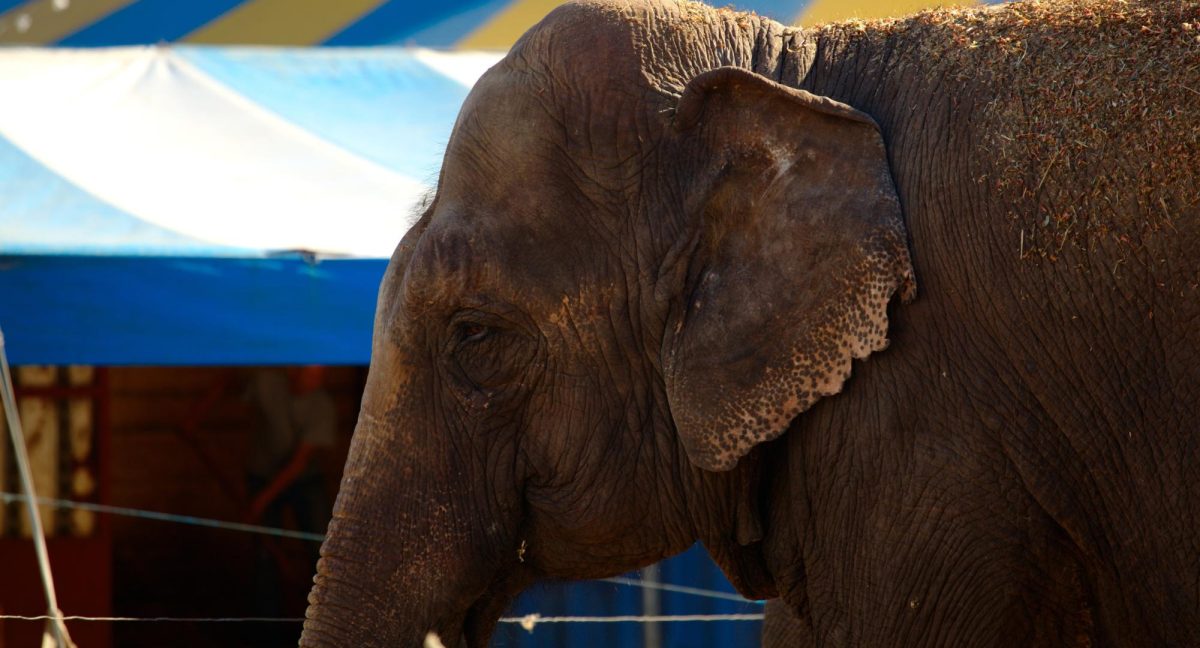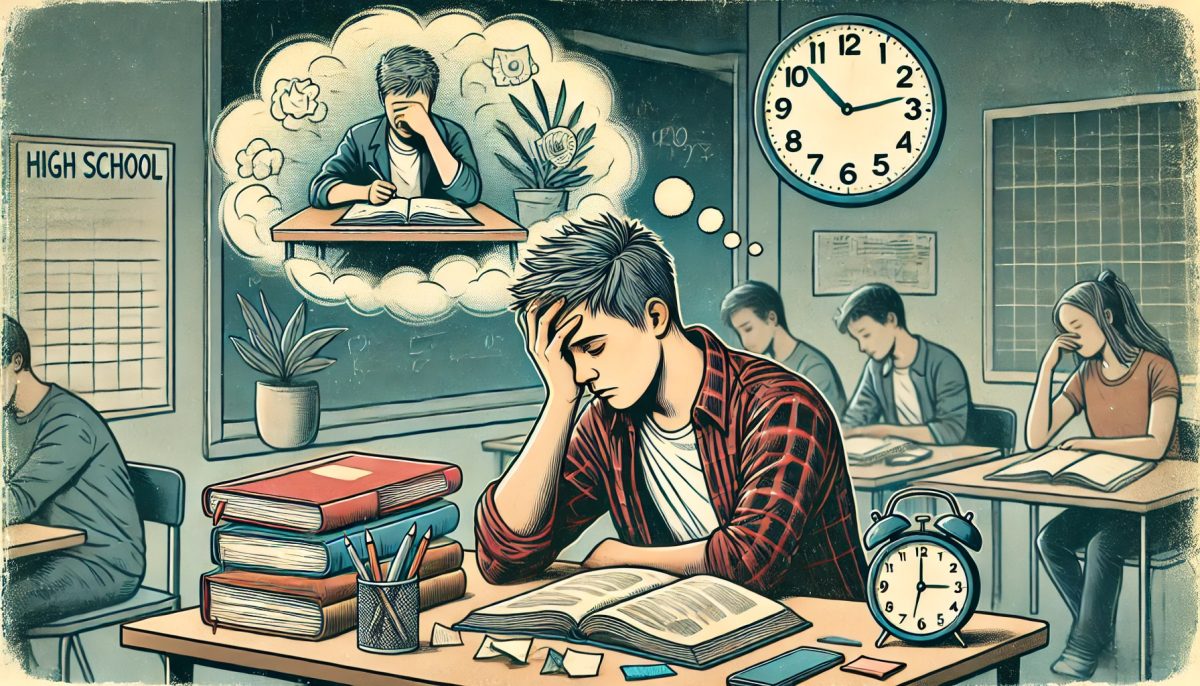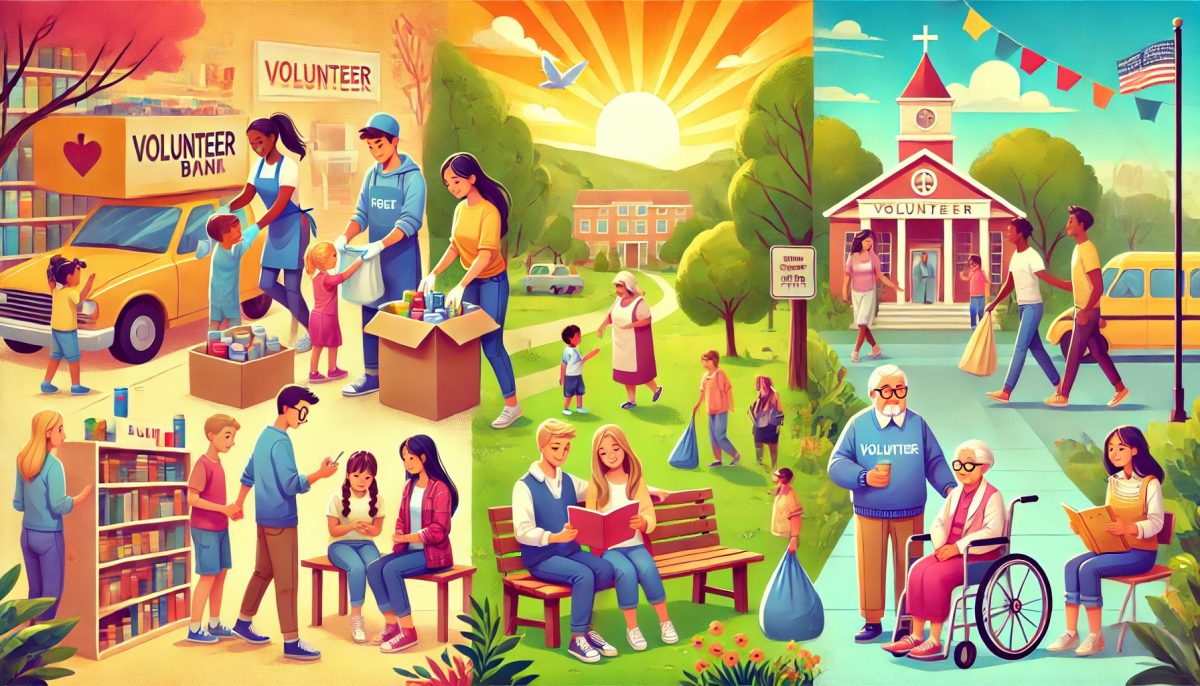The use of animals in circus performances is a topic that raises a lot of questions and arguments among animal rights activists. When we first see the vibrant acts, lions jumping through hoops and elephants doing tricks, they appear entertaining and fun. However, a deeper study of the conditions under which those animals have to live and the hard training they have paints a horrifying picture, making it seem not so charming after all.
The argument against the use of animals in the circus hinges on the inhumane treatment these animals usually experience. Many reports have documented cases where physical abuse, horrible living conditions and psychological distress are suffered by circus animals. Some of the animals have been forced into cages far too small for them; such confinement can lead to a host of physical and mental health issues, raising serious ethical concerns regarding their welfare. Subjecting animals to unnatural performances, often trained through harsh methods, is a clear violation of their rights to live freely and without suffering.
The psychological impact on animals used in performances cannot be overlooked. Elephants and other animals in captivity often showcase behaviors indicative of psychological distress, such as swaying and repetitive movements. This phenomenon, known as stereotypy, suggests that these animals experience immense emotional suffering, challenging the notion that performance itself is a benign form of entertainment.
I have never been to a circus before even though I have had the opportunity. I will not be going to those events and supporting the outrageous treatment the circuses have towards those poor animals by buying a ticket and other merchandise. I love animals and believe they have feelings just like humans do. I wouldn’t want to hurt or abuse a beautiful creature that has many talents on its own.
Maybe one day the people who organize these events will understand that what they are doing is hurting not only animals but those who love and support the animals and will stop doing it. Animals are better in their natural habitats than inside a huge tent, being forced to perform tricks for the audience’s amusement.















